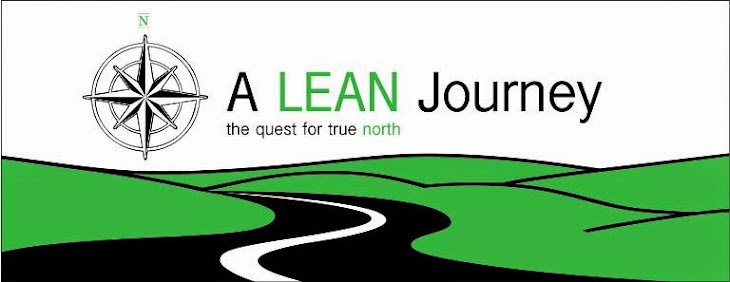 |
| https://www.arcar.org/video-10it6hpcloo |
No this is not
what you’re thinking if you’ve seen the show Moonshiners or tried some moonshine
before. During prohibition in the United States, individuals illegally produced
liquor mostly at night under the light of the moon. Raw materials used to make
the liquor (called Moonshine) were varied, some poisonous, and the equipment
was most likely constructed of re-used bits and pieces of copper and other
metals. No two stills were identical, and the moonshiners used a bit of
creativity to create a working system.
At Wiremold
(where I worked) we used the Shingjiutsu Consulting Company to transform the
business and teach us kaizen. Mr. Chihiro Nakao, founder Shingijutsu, transformed
the Moonshine concept into a tool and method to innovate and create new ideas
and solutions with a focus on production processes. This kaizen (continuous
improvement) tool is a practical method to use your critical thinking skills to
drive to a solution. Traditional methods, creating a project task force,
analyzing/evaluating the problem are tedious and ineffective. Instead, pursue a
“no excuse” attitude and create a solution to the problem. Moonshine enables
the team to create prototypes through “trystorming” and as referred to by some
as “cardboard engineering” using examples from nature as input.
Employees use
simple and inexpensive materials to find solutions to problems they encounter
in their day-to-day work. Using affordable materials means fewer budget
constraints and lets employees give free rein to their creativity.
Focus of the
Moonshine
- Emphasis on
creativity, using only materials that are directly available. ‘Doing a lot with
a little.’ - Encourage
experimentation, using simulations, prototyping, and trials to explore and
inspire. ‘Try-storming.’ - Collaboration
and observation of how peers work. - Get out of the
typical workspace. A change of scenery can help stimulate new ideas. - Little to no
structure helps the flow of creativity flowing smoothly. - Leader enabled,
but not directed.
What’s more,
that fear of failure doesn’t hinder creativity. Quite the opposite—failure is a
normal part of the creative process. You just roll up their sleeves and find a
way to make it better. They use ingenuity to create simple physical prototypes
quickly.
At Wiremold we
had a Moonshine shop that focused on rapid prototyping and design solutions
that aided in many trial-and-error testing iterations. This team was used in
all kaizen activities and was big asset in our trystorming culture.
I think all
companies can benefit from space and where they tinker and make mistakes. It
should contain all sorts of tools, old equipment and machinery at a minimum.
And management needs to trust them enough that they can be left to figure
things out in there. Otherwise where does creativity come from.
 A Lean Journey
A Lean Journey 



Leave a Comment
Your email address will not be published. Required fields are marked with *